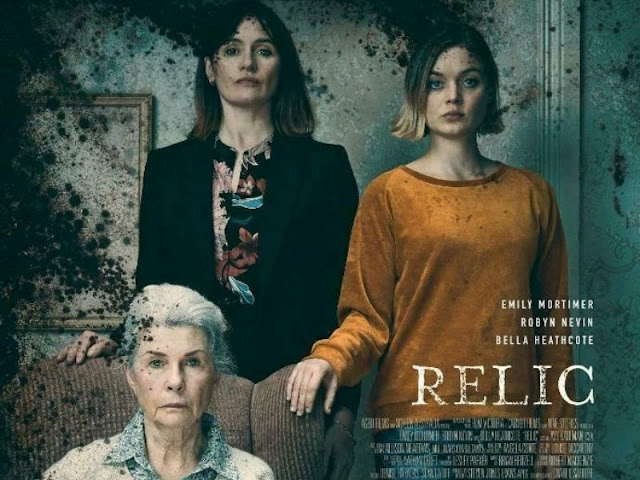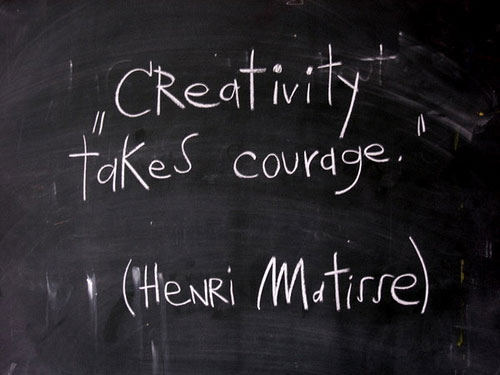Posts
Showing posts from July, 2021
film notes : relic and middle age fear cycles
- Get link
- X
- Other Apps
the self-publishing diaries | dark country
- Get link
- X
- Other Apps
film notes | fear street and the mall bookstore
- Get link
- X
- Other Apps
verse vs. prose: elegies and farewells
- Get link
- X
- Other Apps



















